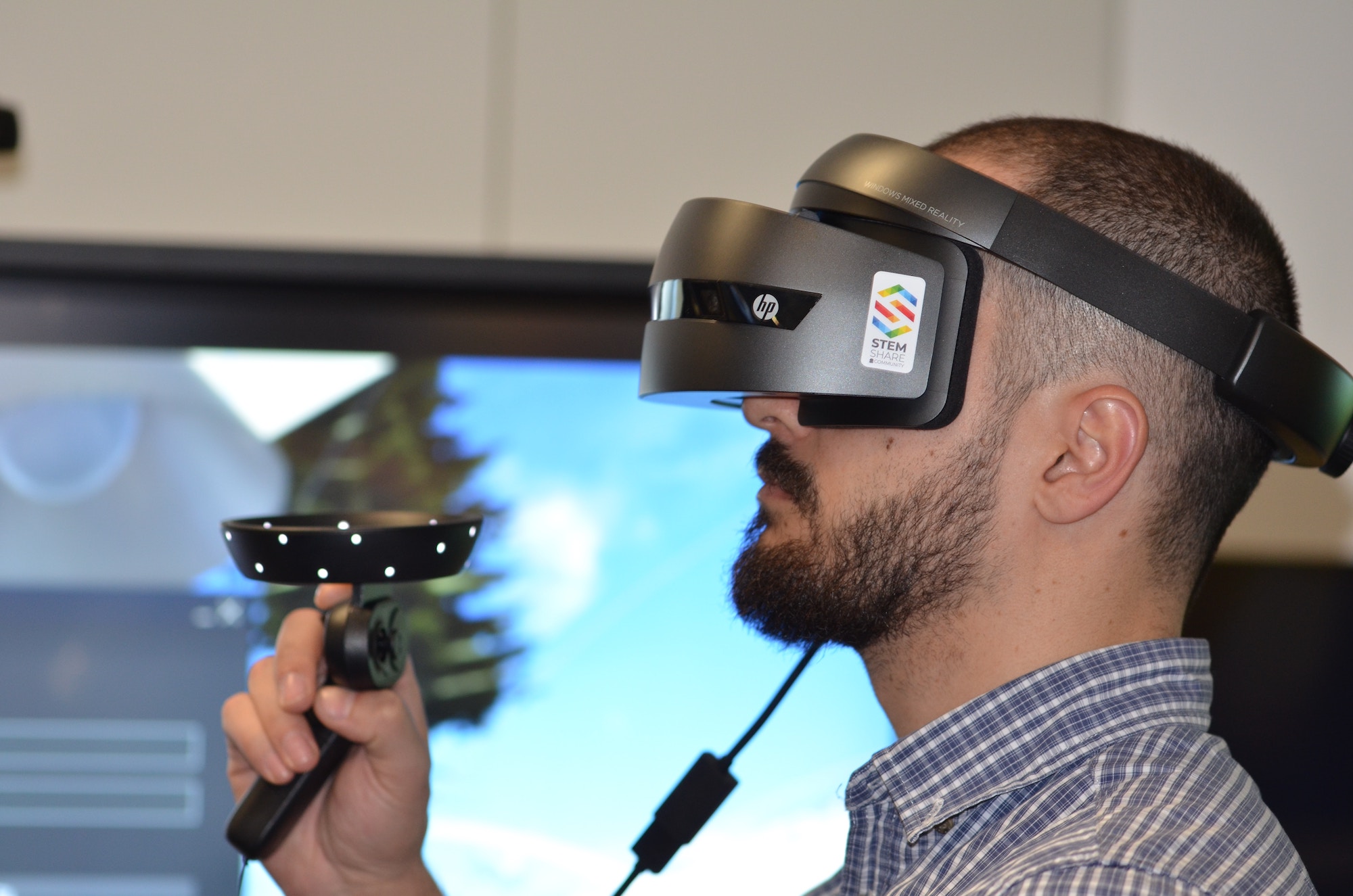Artificial intelligence is changing the way we interact with business as a whole. Most importantly its improving our various business relationships that are key to successful strategies.
In my article 4 Essential Business Relationships that AI is Better at Than You Are, I offer some insights into how AI tools can help transform our working relationships for the better:
Employee Relationships
AI tools are used for facial recognition purposes in video conferencing which helps teams communicate. However, it can also allow entrepreneurs to interact and manage employees better, too. For example, machine learning can help HR analyze employee data to create more representative policies and inclusive workplaces. AI tools from Botler.AI can help hinder workplace sexual harassment. Etch, an AI-enabled contact manager, can build professional networks into unified databases that can search and filter through a list of employees’ biographies, skills, interests, and achievements. This allows entrepreneurs to get to know their workers better and even build more collaborative and innovative business practices.
MIT’s Computer Science and Artificial Intelligence Lab (CSAIL) found that AI can improve employee’s experience in the workplace and reduce operational errors. Employee productivity and transparency will be heightened through AI advancements.
Vendor Relationships
AI can also help improve relationships between businesses and third-party vendors. AI devices like personal assistants can share business data and insights, streamlining the communication process. Strategic planning will also become smoother because AI can create a visual data roadmap so that both sides understand the company’s goals. They can build trust around a shared sense of marketing goals, too. Automated and predictive analytics will also help research, monitor, and report on how media content is built. MIT Sloan Management Review offers an example of how the company Airbus uses AI to combine data sets from interlinked past projects and ongoing developments. Computer-assisted translation and self-learning methods can help AI find problems in projects and find solutions to production problems.
Customer Relationships
Customer relationships are the cornerstone of a healthy business. Now, CRM systems can build personalized, data-focused insights to understand a customer’s concerns and predictive models could help predict how customers will buy in the future.
In addition, chatbots are personalizing customer service to answer consumer questions. In fact, 44 percent of U.S. customers prefer chatbots as their contact method. Insights can offer a fully-rounded glimpse into how customers feel about products and services on social sentiment and customer reaction data. Industry pros like Salesforce are motivating businesses to incorporate AI in their everyday infrastructure so that they can build better experiences and predictive analytics to accumulate data and insights into what consumers want.
Investor Relationships
Newer companies who’ve always had trouble building investor relationships can share their information more readily with venture capitalists or angel investors. For investors, Databases allow machine learning to browse online data to learn current trading sentiments for specific industries and determine each prospective company’s output value. They can also find detailed information on new startups. Startups like Hone Capital are using AI metrics and other computer vision so investors can research each company before they acquire them. This way investors can get a better sense if a business is a good investment or not. More understanding and transparent relationships can be built when both investor and startup know more about the other.
Entrepreneurs can build lasting relationships through AI advancements and, in turn, build more profitable companies. Network players can learn more about each other and develop better models and products to continue improved innovation for decades to come.







